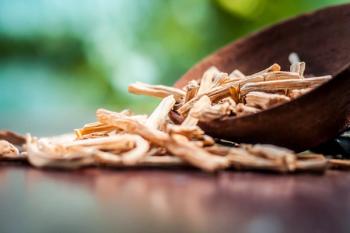
Botanicals extractor Jordan Process says it’s the first raw material provider certified by the International Cannabinoid Analysis Program
The International Cannabinoid Analysis Program, or ICAP, is run by contract research organization and testing company Nutrasource.
Jordan Process (Denver, CO), an extractor and processor of botanical ingredients, says it is the first raw material supplier to be certified by the International Cannabinoid Analysis Program (ICAP). ICAP is run by Nutrasource (Guelph, ON, Canada), a contract research organization, research and development, regulatory, clinical trial, testing, and certification firm.
Through ICAP, cannabinoid products, including cannabidiol (CBD) and delta-9 tetrahydrocannabinol (THC), are third-party tested and certified to verify their contents and ensure they are meeting label claims for concentrations of THC, CBD, and other minor cannabinoids, as well as an absence of heavy metals, pesticides, residual solvents, mycotoxins, and microbiol contamination.
Jordan Process recently gained ICAP certification for three of its standardized CBD powders, called its CXP Powders. “The ICAP certifications add a tremendous amount of value to the CXP product line because they allow our clients to quickly see we have a clean, compliant product,” said Joseph Wilson, CXP product manager at Olistica Group.
“The ICSAP program enables businesses with certified CBD ingredients to be compliant with a variety of regulatory and retail requirements, such as the proposed New York regulations for CBD products,” added Nutrasource CEO William Rowe in the press release.
Newsletter
From ingredient science to consumer trends, get the intel you need to stay competitive in the nutrition space—subscribe now to Nutritional Outlook.




